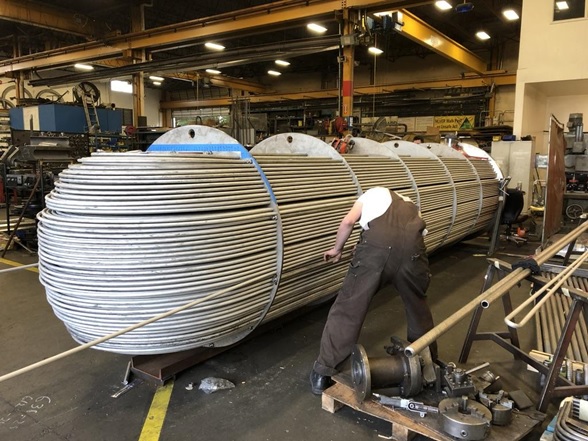Steam is used in many sectors and production systems as it is an efficient tool for generating thermal, electrical, or mechanical energy. The steam for these processes is created by a thermal machine known as a boiler, which usually contains tubes or coils. Boilers use heat transfer between combustion gases and water to generate evaporation. Steam is stored in a chamber until there is enough pressure to push it out of the boiler through attached pipes. Boilers must meet rigorous quality standards in their manufacturing process to guarantee their integrity and the safety of operators. In this article, we will examine important factors to consider when choosing a boiler supplier.
Know Your Needs
Evaluation of the project at hand is crucial to identify your specific needs. This process will identify whether a potential supplier can provide solutions to meet the project’s objectives. Each supplier will have their own areas of expertise so it is important to consider any unique constraints such as the physical location of a boiler, its capacity requirements, and delivery logistics.
Experience
Another crucial element to consider when choosing a supplier for boiler manufacturing is the prospective supplier’s experience level in the industry. Look for a supplier with extensive industry experience, who can supply recent client references, and who has a wide range of up-to-date certificates and accreditation.
Certifications and Accreditations
Boilers generate pressurized steam and can therefore pose a risk not only to their operators but also to the integrity of the machine itself. Boilers must comply with strict safety measures and a potential supplier should therefore have boiler-specific certifications and accreditation. Aggressive Tube Bending’s certifications include a Class A Boiler and Pressure Vessel Contractor License, ASME U and R stamps, as well as accreditation with the Canadian Welding Bureau under W47.1 for steel and W47.2 for aluminum welding, all under the umbrella of ISO 9001:2015.
References
Your supplier evaluation process should also include a review of the company’s past boiler work and the availability of client references. References can provide the best insight into a supplier’s ability and quality of work. At Aggressive Tube Bending, we are happy to discuss our previous work experience with you, specifically as it relates to your particular project’s needs.
Costs
Cost is an important factor when considering a potential supplier, but the lowest price is not always the best choice. The lowest quoting supplier may be sacrificing quality to gain you as a client thereby compromising the integrity or safety of the work. At the same time, a more expensive price is not always a sign of higher quality. A reliable supplier will be willing to explain the prices it quotes and which factors have influenced that price. Factors that can impact a supplier’s quote include the quality of raw materials, the type of service being offered, any installation requirements including location or complexity, customizations, and the nature of after-sales support desired. Finally, if your project has an exceptionally tight budget, a good supplier will be willing to work with you to see if there is a way to change the scope of a project to accommodate your budgetary limitations while not compromising the quality of work.
What do you think about this topic? Would you like to know more about industrial boilers?
If you have any questions or queries, you can contact us or write your query in the comments section.
